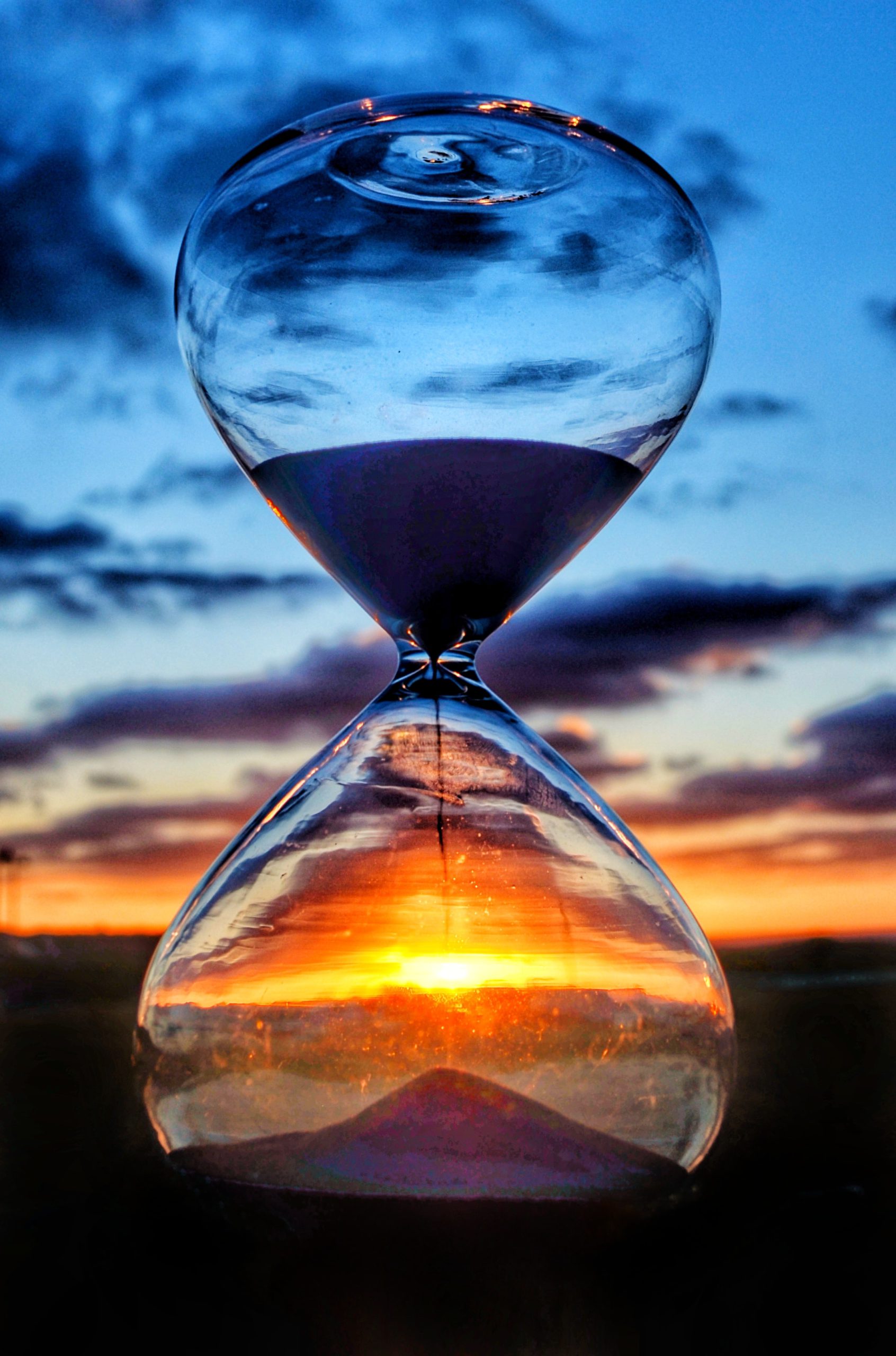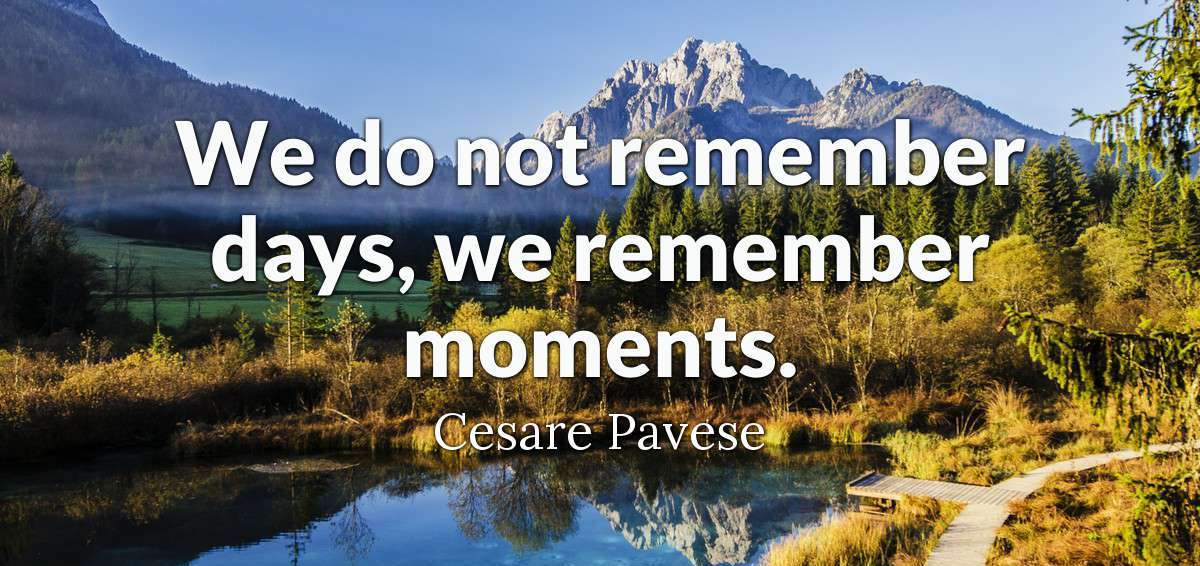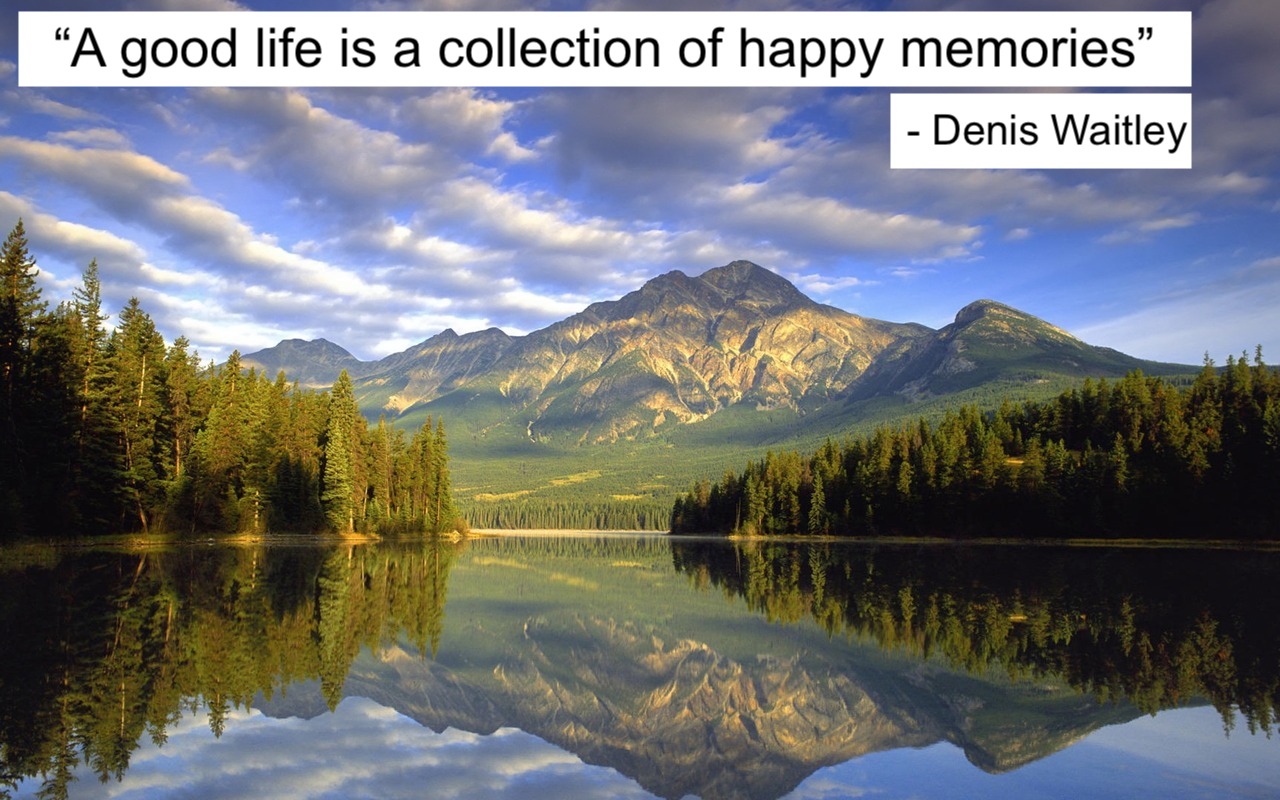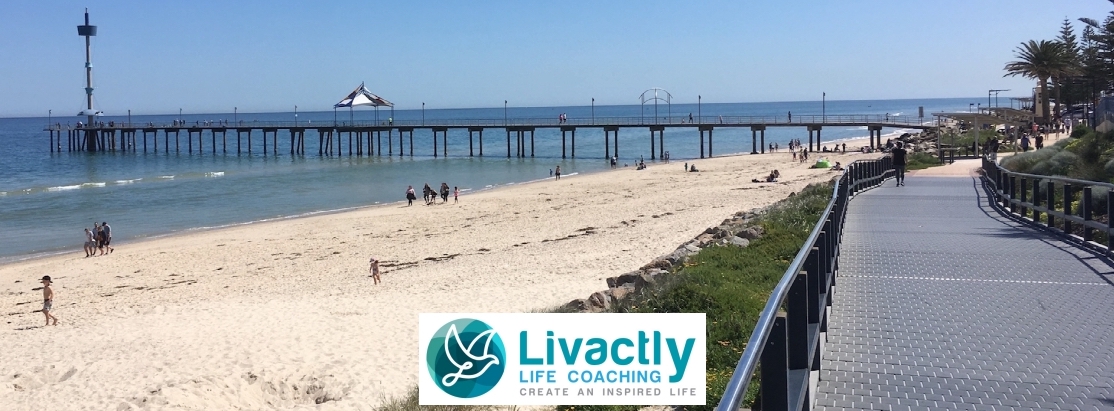This article discusses the effect of time on your level of happiness.

The Role Of Time
In the previous 3 articles describing Desires, Beliefs, and Identity - what they have in common is that they are all factors that are external to you, when it comes to happiness.
For instance, the roles that you play in life could have been placed upon you by your parents. Similarly, some beliefs you hold were transmitted to you by other people and your environment. Finally, your concept of identity can be based on your early life experiences and external identities placed upon you.
Whilst all these are all external to you, you still make a choice about them, albeit subconsciously.
As we peel off each layer in the Happiness Onion we are moving from external factors to internal ones. In this article we are at a point where we are going deeper into the self and discovering aspects of happiness that are more internal to you.
At this point in the Happiness Onion is your handling of time. This is the first layer where you become more conscious of elements that make you happy or unhappy. It is where you can choose whether to be happy or not.
The 2 Ways We Deal With Time
- The Now - this is your happiness in the present moment.
- Using the 'Experiencing' or the 'Remembering' Self
The Now
So what is 'The Now?' The best way to answer this is with another question: have you ever thought anything, done anything, or experienced anything that wasn't happening now?
Think about it. If you remember something, the 'remembering' is still done in the now. If you plan something for the future, it is still done in the now.
Past and Future simply do not exist. Only 'Now' exists.
Experiencing And Remembering
Now this may sound absurd, but many people go through life focused on either the past or the future, or both. But given these actually don't exist, except in the mind, doesn't that suggest that focusing on them is unproductive?
Well not exactly. We remember the past and if we choose to, our current actions can reflect those memories. Likewise we can think about the future (even though it doesn't exist) and our current actions will reflect our thoughts if we so choose.
The key here is what we focus on.

How Time Came About
We came up with the idea of time in primitive times, but the desire to quantify it is more recent. We measure it in terms of seconds, minutes, hours, etc. When we talk about a 'day' we mean the 'interval' between 2 sunrises or 2 middays. We developed the ability to count and do primitive mathematics with 'intervals of time.'
But it was only more recently that the concept of time became as rigid as it is today. It was during the industrial revolution where manufacturing processes needed to be done in a co-ordinated fashion that regular working and school hours were instituted. Employers needed their employees to be together 'at the same time' as did teachers their pupils.
Up until the industrial revolution, other cultures had quite different concepts of time, until they too become industrialised. But even though they are industrialised today, non-western cultures still see time differently to those in the West.
So we see time as progressing from past to future. Yet we only ever experience 'Now'. And often if we dwell in the past or think in the future, we are not taking responsibility for our feelings in the now.

Here's An Example
Say you're on vacation. You're sitting in a chair on the beach, supposedly 'relaxing.' However, in your mind you may be thinking about last night's meal, or you may be thinking about when you'll catch the plane home.
Your mind is focused not on the present but on the past or future. You're not paying attention to your feelings now, or to what's happening now. Yet, if you focus on the now, it is possible to be joyous in the moment.
True, your memories of last night's meal may be wonderful, or they may be terrible! If you focus on bad things you'll be unhappy, and if you focus on good things you'll be happy. But these things are not real, you are experiencing them in the now, which is real.
With the sitting on the beach example, focus on the sand, the breeze, the activity on the water - anything you like. Be in the moment and you will experience joy.
More importantly, you don't have to be on vacation to be in the moment! If you find yourself stuck in traffic, for instance, enjoy the moment!
So happiness really is a choice.
Experiencing and Remembering Happiness
Given the above, there are thus 2 ways to view Happiness.
Experiential Happiness
'Experiential Happiness' means a particular instance of you feeling happiness. It is short term event (in 'the now') that is often over very quickly. Experiential Happiness can come about in a variety of ways - seeing something that makes you feel happy, or getting a physical sensation such as a gust of cool air on a hot day. It can also be something you hear, such as the voice of a loved one or even hearing the sound of fresh popping corn!
Of course you can also have 'unhappy' experiences that can ruin what otherwise might have been a perfect day. And ironically, the remembrance of that day turns can out to be unhappy despite 99% of that day being happy. More on this below.
Remembered Happiness
When you have remembered happiness, this is where it's at! The reason is, you can recall that feeling of happiness at any time. For instance, if you are sad because a relative has died, you can change things up by remembering all the happy times you had with them. You can apply this to any area of your life and to any period in your life.
Remembered happiness is a little like a story teller and a decision maker. Ultimately you decide whether you remember the good times or the bad times. To be happy, remember the good times, but also seek the good in the bad times. What were the benefits of the bad times?
Decide on the good story that you will tell yourself about these times.

An Exercise In Time...
Here's an exercise you can do to help you understand how remembered happiness can help you to be happy when you want and for how long you want it.
- Imagine you are going on a fantastic holiday. Envisage where you will go and what you will do. Imagine you have the newest and greatest video camera to record your experience. What will you record on it?
- Now, imagine if you weren't allowed to take it with you, or even a phone or other recording device. Additionally, your memories of the holiday will be wiped when you return. Where would you choose to go?
- What happened between question 1 and 2? Did your destination change? Did your reasons change? If so, why, and how?
Conclusion
A lot of the time what we do with our time and energy is based on our desired future memories, rather on the actual experience we wish to have. And often it is based not on our own desires but on those of others around us.
However, what really matters is not whether we live for the moment or live for a memory, but what you truly want. If we do that, we can have the best of both worlds and truly maximise our happiness.
Recommended Reading: 'The Power Of Now' by Eckhart Tolle
Next Article: Patterns, Conditioning and Happiness
Previous Article: Identity And Ego
Free Coaching Session!
Often just reading a blog post is not enough to make deep changes in your life.
Why not sign up for a free 'Happiness' coaching session with me? Please visit this page for more information.
